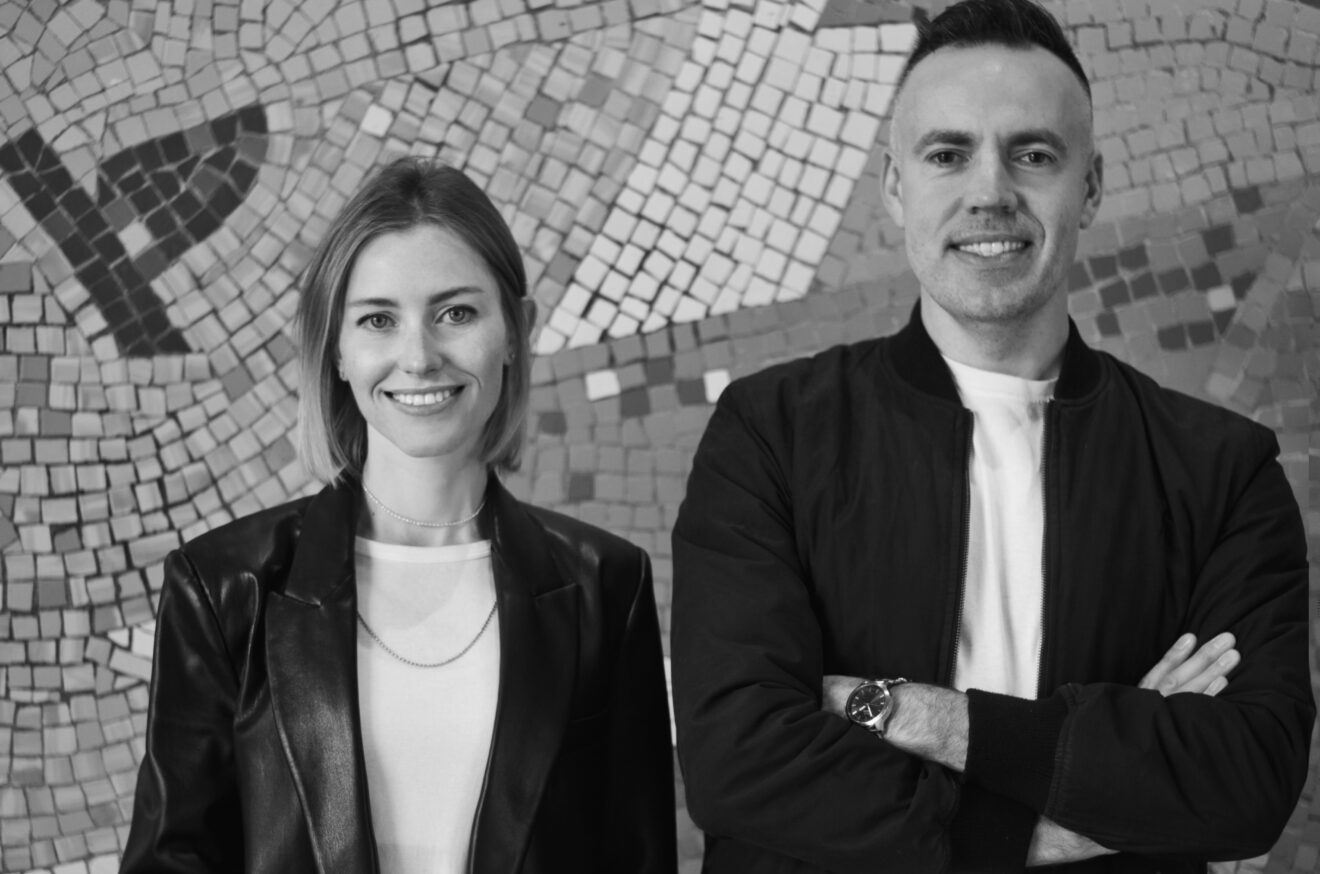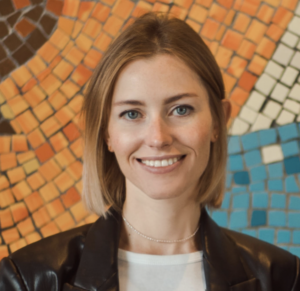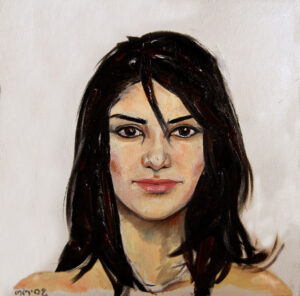
Healing Power: A Journey of Personal Development from Childhood Trauma to Entrepreneurship
This as-told-to essay is based on a transcribed conversation with Maria Pokrovskaya. It has been edited for length and clarity.
Maria Pokrovskaya lost her mom when she was nine and her dad when she was eleven, and had to quickly learn to be independent.
As an arts school student since early childhood, she dreamed of succeeding with her creativity and decided to study architectural design at a school of architecture in Russia. In 2016, Maria moved to Portland, Oregon, with her husband Daniil, where they started an online education platform for aspiring architects and designers, Artclever. The community now consists of over 100K of creatives from around the world.
In this interview with VM, Pokrovskaya shared her experience growing up as an orphan during the 1990’s in Russia, and what helped her to heal trauma and maintain mental health in her adulthood.

Maria Pokrovskaya
Independent kid
When I lost my parents, I had to quickly learn to become independent. I began working in creative industries as a teenager designing websites. I had also freelanced as a marketing management assistant at a popular American beauty company. Later on, I started painting and selling oil portraits on canvases. That prompted us with my now-husband Daniil to launch a company for contemporary artists, CanvasCanvas.

While my friends were hanging out and going to parties, I was always working. It felt like I didn’t really have a childhood. I wish I had my parents alive. At the same time, I became who I am because of this experience. I became a confident person because I could earn at that age with my creative skills. I was an orphan, but not a victim.
When I turned 30, and became a mom, I faced clinical depression for the first time. That was the moment when I realized that a lot of the trauma from my childhood was still with me. It lives inside of me even after undergoing massive mental health work, but I learned to cope with it. There is also a lot of energy in you when you are young, so you don’t feel the trauma as it is. When you get to your early 30s, you don’t have those endorphins to cover it up anymore. The trauma goes from something beneath you to something on top of you.
Embracing therapy
I highly recommend therapy. It helped me to see my past realistically and understand that what I went through was traumatic. I had to talk about it and look at it. It’s much easier to forget about it than bring it to the surface, but then it comes back.
It took me about a year to work through my traumas with my therapist. I had many experiences as a kid and a teen, including sexual harassment, that I didn’t realize traumatized me until I was an adult. I didn’t understand what I was going through at the time, but as an adult, I can look back and go, “Oh! Okay, that’s why!”
When I was a teenager in college, there was one cruel teacher. One day out of nowhere, she just said to me, “You are the orphan, get out of here!” The rest of the class stood up with me and left the room. It was crazy, and I still cry when I share it, but that was one important part of my personal development.
Faith and community as healing powers
Much of my community comes from church. My sister introduced me to it when I was 12-years-old, but I didn’t come back until I was twenty, mostly out of educational curiosity. I decided to be baptized a year later. It changed my life with the new sense of purpose and safety, relevant training that the Bible gives.
There is also a social aspect to faith. I met my husband Daniil through the non-denominational International Church of Christ, where we are still members today. It was founded in the US and helped us make local friends when we moved here as well.
To me, faith has also become a lifestyle that is based on deep internal beliefs. When Daniil and I have to make important decisions, they’re based on our beliefs, and because of this, they’re always the right decisions.
This lifestyle involves constant training and self-development. You work on your mental health with various practices, including meditation, which originated from the Bible. You learn to listen, hear, step out of your box, and practice empathy and communication skills. This includes talking with your family, public speaking, developing emotional intelligence, acquiring new habits, and developing discipline. You also learn the skill of assessing and working on your own complex character qualities, such as irritability and psychological barriers.
Furthermore, you learn to ask for and accept advice and help, give without expecting anything in return, and forgive before someone asks you to. All of these practices make your life clearer, easier, and happier, without unnecessary burdens.
Since my baptism, I have read many books on practical psychology and science, about time management, finance, love languages, toxic communication, neurobiology, and others. All of this work on myself has affected me both in personal life and in business. The most difficult thing is to set priorities that are reflected in your schedule for the day, week, and year. Harmony between what you want and what you do helps you keep up with everything and not burn out.
One study from the journal of Social Psychiatry and Psychiatric Epidemiology found that isolation explained 21% of depression. Cultural isolation is one of the main causes of depression.
My university experience inspired me to start Artclever, an education platforms for aspiring architects and designers. I spent eight years as an architecture student, only to realize that my skills were not relevant to the industry, and millions of people have the same experience. I decided to become an architecture professor to learn the higher education system and, hopefully, change it. Traditional academic education is rigid and, for many, doesn’t help them find a job. So, I started the company as an alternative.
Our customers at Artclever are spread out across 23 countries, and they are mostly immigrants. Many of them are also parents of young children, two groups with high levels of isolation.
Art & design practice
Both my husband and I come from artistic backgrounds. Daniil is an artist and used to run his own successful business in arts and culture, where he worked as CMO. I studied fine arts, have a master’s in Architecture, worked as a contemporary artist in my early career, and was always surrounded by artistic people. Everyone knows practicing art helps with mental health. That’s something I’ve observed for myself and heard from Artclever users.
Art is a process of focusing on your thoughts, and it’s an emotional practice at the same time. What do you think about? What do you care about? What do you dream about? It provides a time to focus on what’s important inside of you, to think, and to express. It also helps with soft skills. When you’re practicing art, it works a different part of your brain, which helps you learn to communicate better.
A beginning artist will see a white paper or blank canvas and feel unconfident to start. But over time, they learn to create something beautiful. Then they become self-confident and start developing their career or hobby because they know they can do it.
Prepared for Vivid Minds by Alan Torres, journalism student at the University of Oregon and news reporter at the Daily Emerald